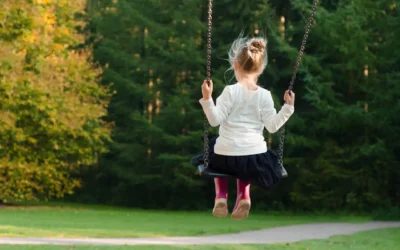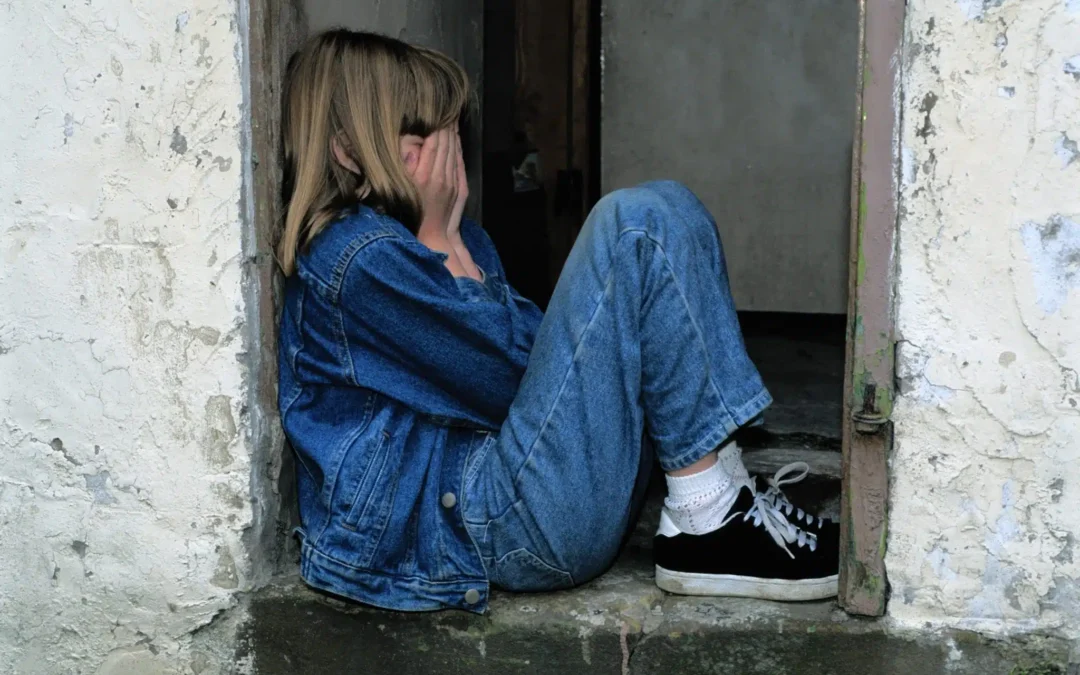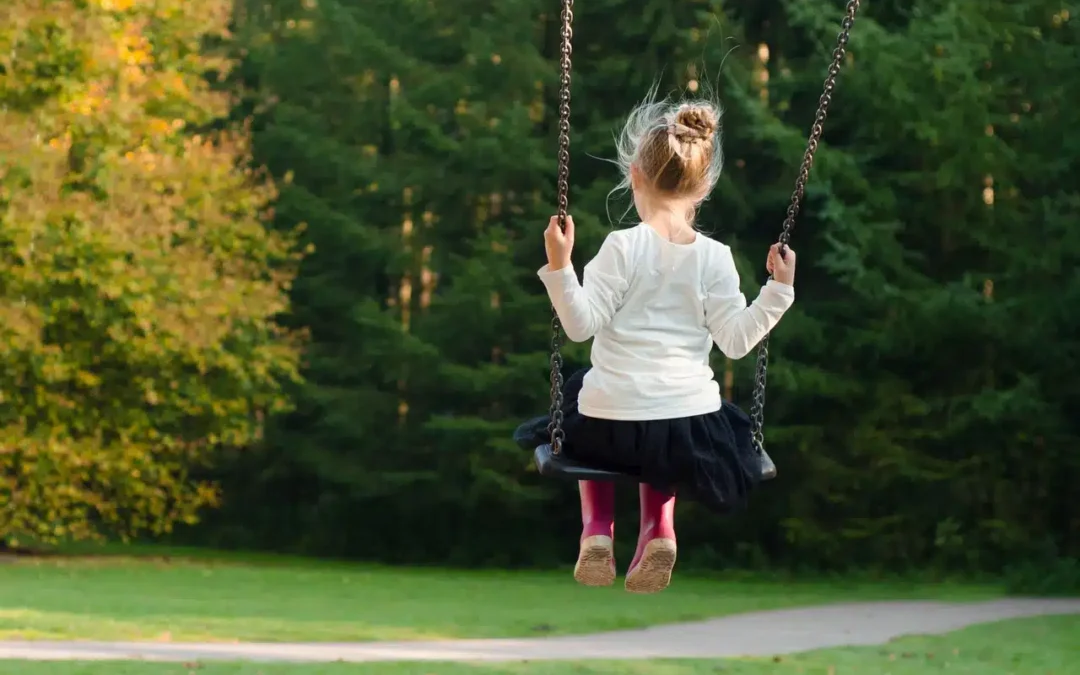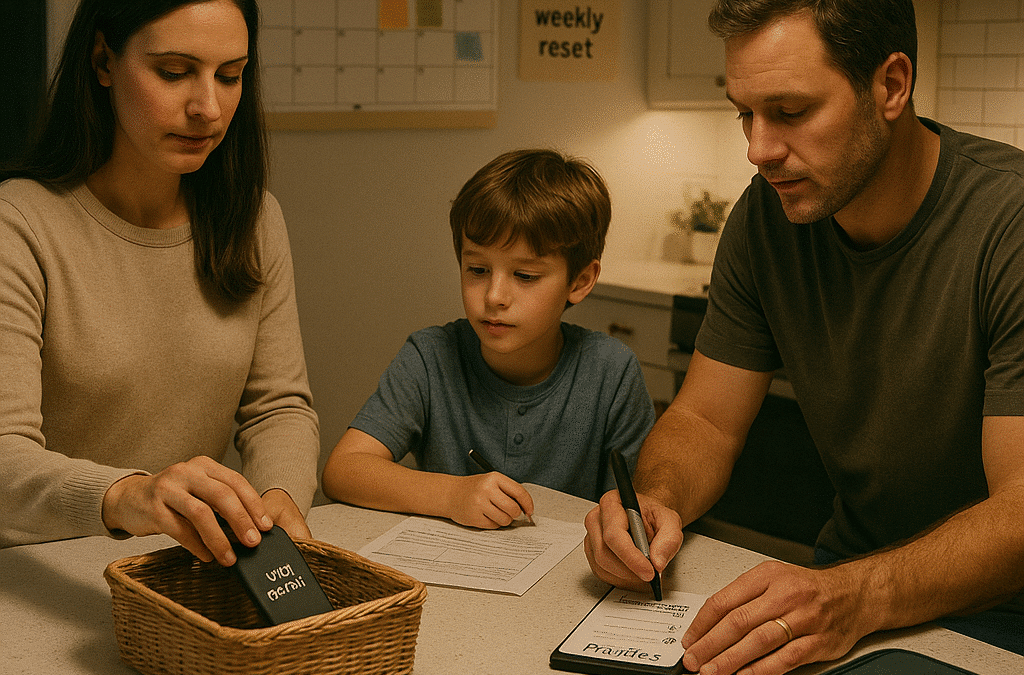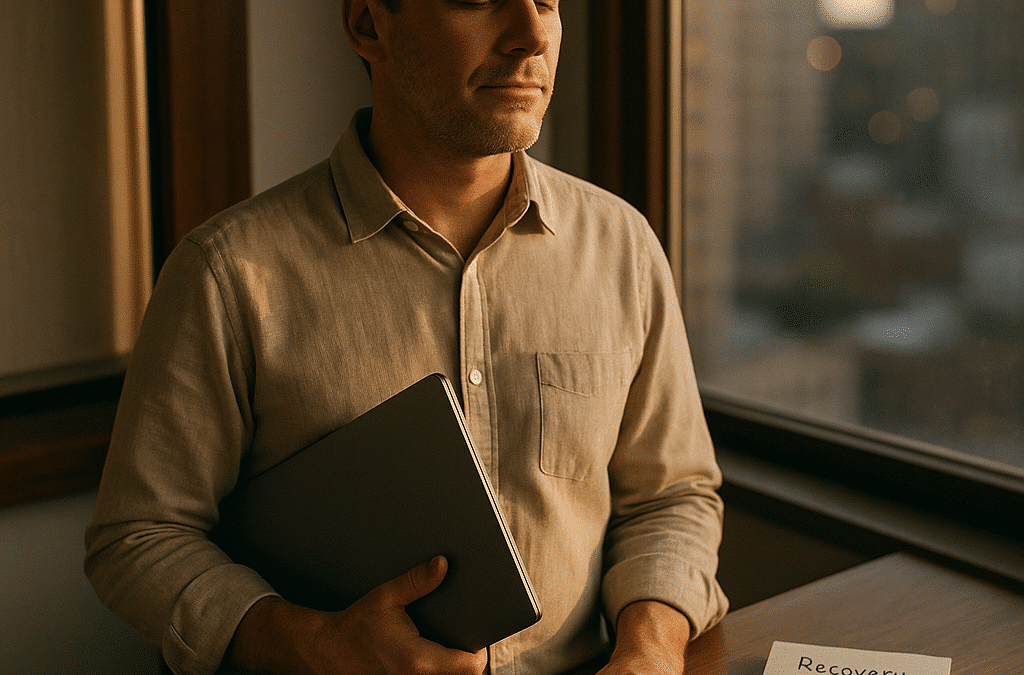As a society, we are under increasing pressure to do more, be more and have more. This pressure is also affecting our self esteem, how we see ourselves and our physical expectations in relation to the way we look. Some of us strive to be thinner, some curvier or some just want to look fitter! Eating disorders come in all shapes and sizes. An eating disorder doesn’t have to be diagnosed as bulimia or anorexia nervosa to be problematic (however these two are the most prevalent). A newly identifiedBurton, Drew Westen, Robin Kowalski disorder is binge-eating disorder, where a person consumes large amounts of food in one sitting, without doing any extra exercise or other behaviours to compensate.
The statistics today
Anorexia Nervosa is a disorder in which the individual drops below 85 percent of ideal body weight because of refusal (or inability, due to the nature of the illness) to eat. Bulimia nervosa is when the person binges and then purges, often maintaining a “normal” body weight, but doing immense damage to their physical and mental wellbeing. Research has found that some people have vulnerabilities caused by genetics, cultural norms for thinness and personality.
Many researchers have also emphasised the environmental influence of mass media and cultural norms that equate beauty and thinness. Australians will spend more than $800 million a year trying to lose weight. Money will be spent on counselling, low-calorie foods and shakes, diet cookbooks and guides, dietary supplements, lap bands, and liposuction. An additional cost includes gyms, personal trainers and other exercise-related expenses. 47.8 percent of Australian women reported dieting to lose weight in the last year with 20.9 percent of women who were underweight (BMI < 18.5) currently dieting to lose weight.
Disorders despite Body Positivity
With the new body positivity movements that are making waves, along with diverse body shapes becoming more mainstream and stores offering more inclusive sizing, we have still not seen a drop in the number of eating disorders statistically. What is it that pushes women and men to judge themselves so harshly in a society that is attempting to give everyone confidence to be themselves.
Is it pressure to be what we see on TV or social media? An idealisation that being thin and beautiful will make you happier or more likeable? The idea that if you restrict your food intake you might feel more in control and less alone? Your body is not an object, and it does not need to be evaluated as if it serves no other purpose but to look a certain way. You don’t need to starve yourself or spend hours at the gym to be worthy of your own kindness.
Changing the commentary
We all need to challenge this perception of constantly striving for physical “perfection” whether in the way of being thinner or thicker, smaller or fitter. Beauty and goodness don’t come from a set point on the horizon, or when you’ve reached a certain number on the scales. We need to replace our commentary such as “Don’t you look fabulous! Have you lost weight?”, “Have you seen how such and such has lost (or put on) weight?”. Be proud of your friends when they are happy and at peace with themselves, rather than be pleased to see them “looking good”.
Bodies (especially women’s bodies), change over time to accommodate for a range of physiological functions. Feeling good in your own body is your birthright. Your body is you, and trying to force it into a particular shape is to deny that connection.
If you recognise yourself or someone you know in this situation, have problems feeling good enough and are working to change your feelings about yourself by changing your body, you should seek professional help to change your inner commentary and behaviours.
The new Medicare items mean that people with diagnosed Anorexia Nervosa, Bulimia Nervosa and Binge Eating Disorders and some other eating disorders can get the help that they need, using a team approach of dieticians, GPs and Psychologists to reconnect with their bodies and change their thinking.
Amanda Gordon is a psychologist and the Director at Armchair Psychology, located in Sydney’s Eastern suburbs. To book an appointment with Amanda or one of our other psychologists contact us.
Psychology, 4th Australian and New Zealand Edition
Lorelle J. Burton, Drew Westen, Robin Kowalski








